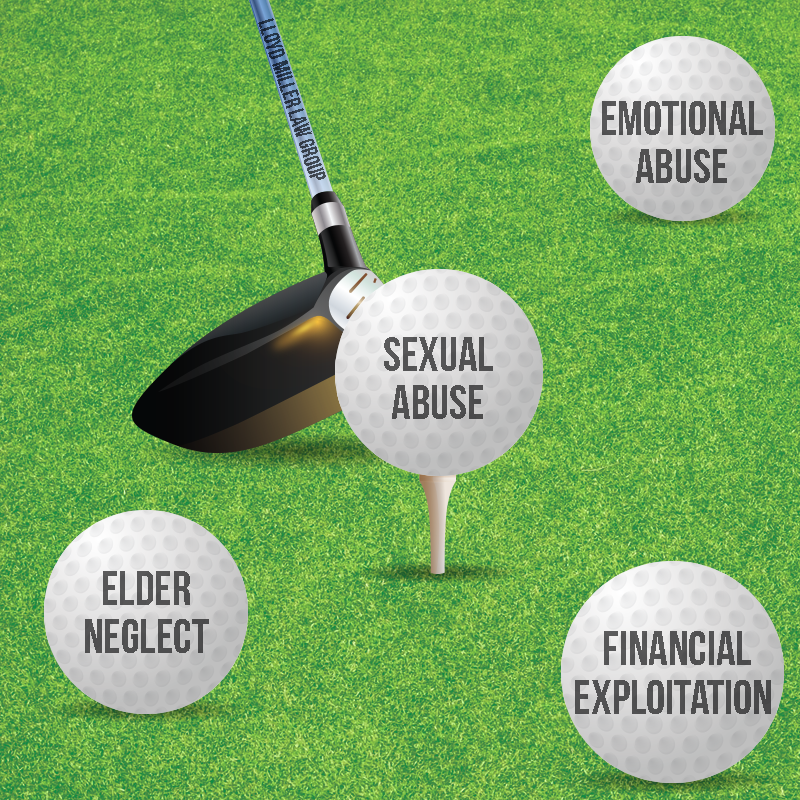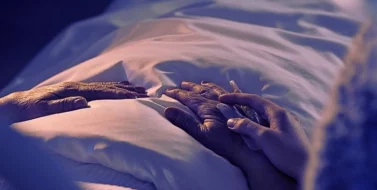Millions of senior citizens experience untold physical, sexual, emotional, and financial abuse and neglect in nursing homes. When an elderly person suffers injuries because of the intentional or negligent actions of a healthcare professional, staff member, or facility, the law allows the elder abuse victim to file a lawsuit against the abusers and those who neglect them. Legal action must occur within a capped time frame known as the elder abuse statute of limitations.

Table of Contents
What Is the Elder Abuse Statute of Limitations?
The Illinois elder abuse statute of limitations is the law that limits the amount of time a nursing home abuse victim has to file a lawsuit for maltreatment suffered in nursing homes and assisted living facilities.
In Chicago, you generally have two years to file a lawsuit for nursing home neglect or abuse. If you fail to take legal action before time runs out, you could lose your right to recover compensation for your injuries.
For elder abuse cases and other types of personal injury claims, the clock usually starts ticking on the day the injury occurs. However, some forms of abuse, such as financial exploitation, or abuse against someone with dementia, take some time to discover. For such cases, the two-year period starts running on the date of discovery.
The statute of limitations prompts plaintiffs to take legal action as soon as possible after an injury occurs. This minimizes the risk of losing crucial evidence. The victims and witnesses can usually recall the occurrences more accurately because the details are still fresh in their minds.
There are some exceptions to the elder abuse statute of limitations in Illinois. For example, there is no time limit for patients with mental disabilities like Alzheimer’s or dementia. Consulting a nursing home abuse and neglect attorney can help ensure you file a lawsuit for elder abuse within the time frame allowed.
What Is Elder Abuse?

Elder abuse is defined as anything the caregivers do or fail to do that endangers the life of those aged 60 years and over. This includes, but is not limited to, willful deprivation, physical abuse, emotional abuse, sexual abuse, passive neglect, and confinement. Other forms of elder abuse may include verbal threats, financial exploitation, and reckless caregiver conduct that endangers the older person’s life.
Elder Sexual Abuse
Any sexual contact with an older person that he or she has not consented to is termed elder abuse. Elders with Alzheimer’s, dementia, or other cognitive disabilities are usually victims of non-consensual or forced sexual acts. This is because they are not fit to give consent and most likely won’t remember, or be able to communicate, whatever happened to them.
Victims of elder sexual abuse will often have bruised inner thighs, pelvic injuries, bleeding genitals, sitting or walking difficulty, painful genitalia, and new sexually transmitted infections.
The acts are committed mainly by family members, fellow nursing home residents, staff members, and in-home caretakers. If you suspect your loved one was sexually abused, a Chicago nursing home abuse and neglect attorney can help you seek justice on behalf of the victim.
Emotional Abuse
Emotional abuse against an elder is an intentional act meant to instill distress, pain, and fear in a person aged 60 years and above. Emotional abuse can manifest in different forms. For instance, nursing home caregivers can belittle or verbally threaten the elders. Another underestimated form of elder abuse is isolating the victim or withholding the person’s possessions.
People undergoing psychological and emotional abuse will often avoid eye contact, have low self-esteem, isolate themselves from others, appear scared, and have unpredictable mood swings. Refusal to eat, insomnia, and personality changes can also signify elder psychological abuse.
Often, emotional abuse will accompany physical abuse.
Elder Neglect
Any instance of a caregiver willfully withholding their duty of care towards the elders can be termed elder neglect. For instance, withholding necessities such as food and drink from a resident is neglect. Also, performing acts that can endanger the resident’s health, not monitoring elderly patients, failing to assist with daily tasks like eating, drinking, or bathing, allowing a person to remain in soiled clothing or bedding, and understaffing in nursing homes, are forms of neglect.
Financial Exploitation
This offense happens when someone entrusted with the resources or assets of an older person illegally or dishonestly takes the property for themselves. In some cases, abusers coerce elderly people into transferring funds or giving away valuable possessions.
Evidence of elder criminal financial exploitation includes bank account changes not made by the elder, massive withdrawals that the elder cannot explain, and missing property. The abuser may also exhibit unnecessary interest in the elder’s finances.
What To Do If You Suspect or Suffer Elder Abuse
Abuse against the elders can be perpetrated by anyone, including strangers, caregivers, family, and friends. If someone is abusing you or your loved one, reporting the abuse or neglect can prevent additional injuries and ensure the wrongdoer is held accountable. Crimes such as bed rail injuries and wrongful deaths suffered by the elderly should be reported to the local elder protection authorities.
If you are facing immediate danger to your life or the life of another nursing home resident is in danger, call 911 immediately.

Your nursing home abuse attorney can help you report a non-emergency abuse case. He or she will help gather evidence to prove that abuse or neglect has occurred. Your lawyer can also help get your loved one moved to a safe place to prevent further harm.





